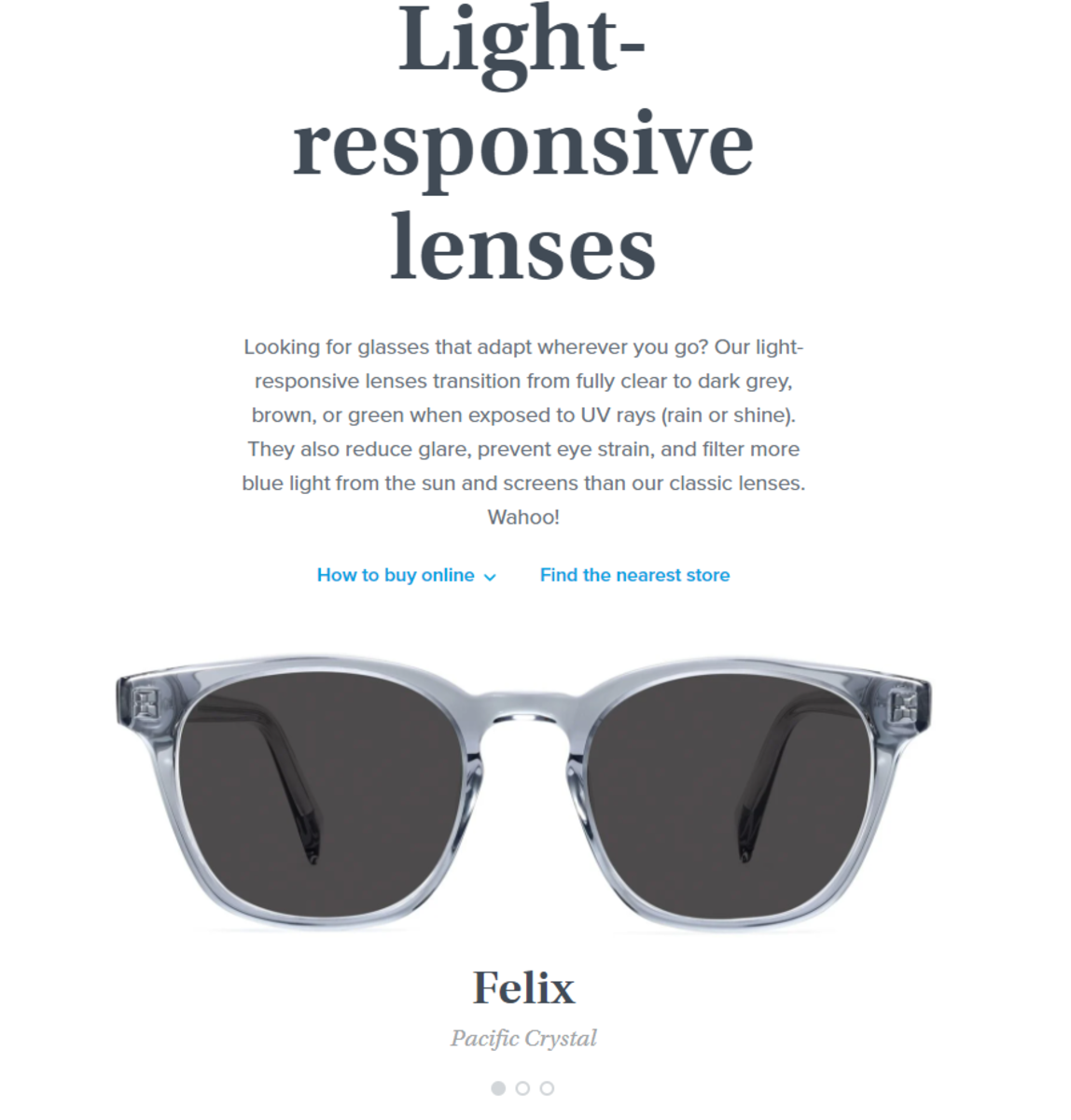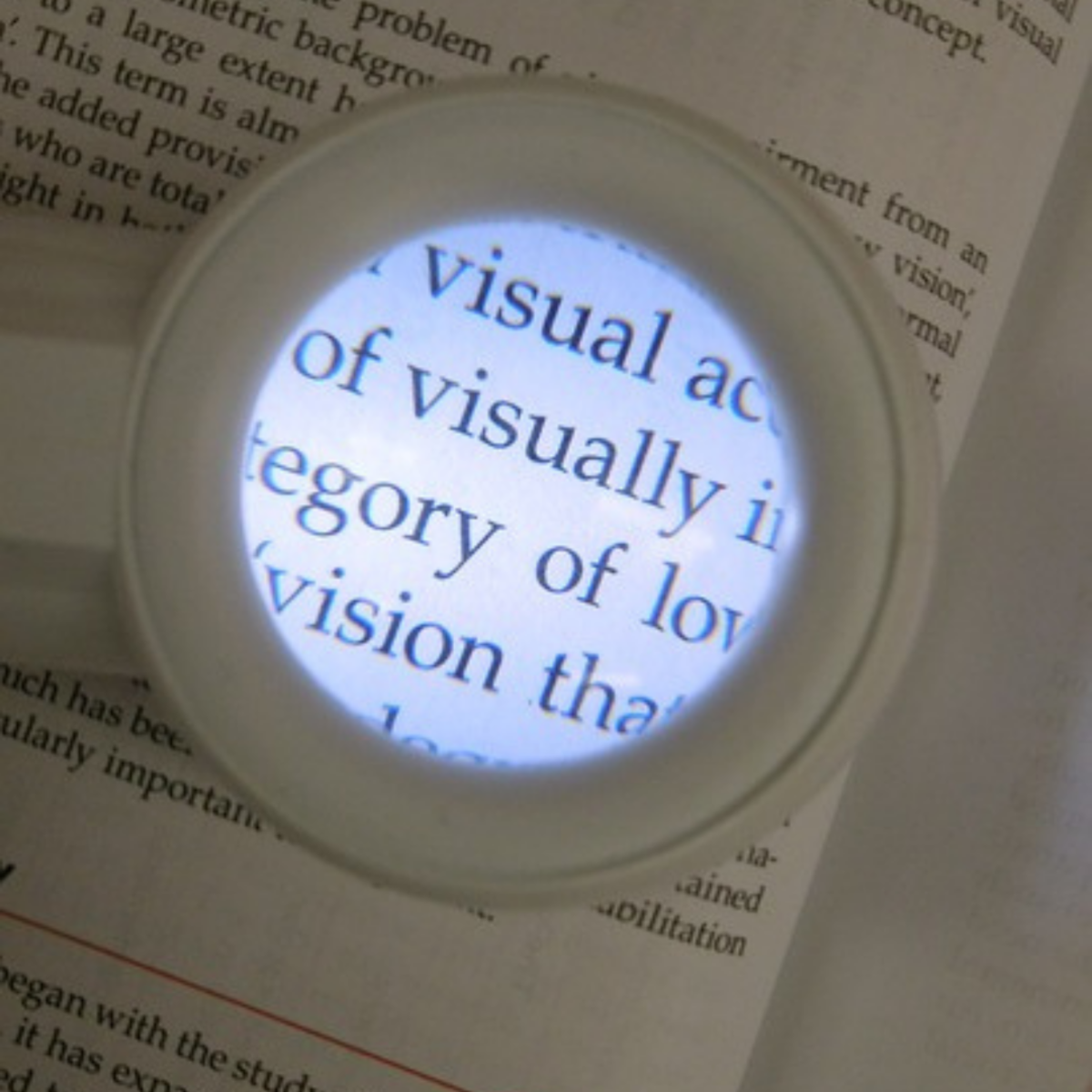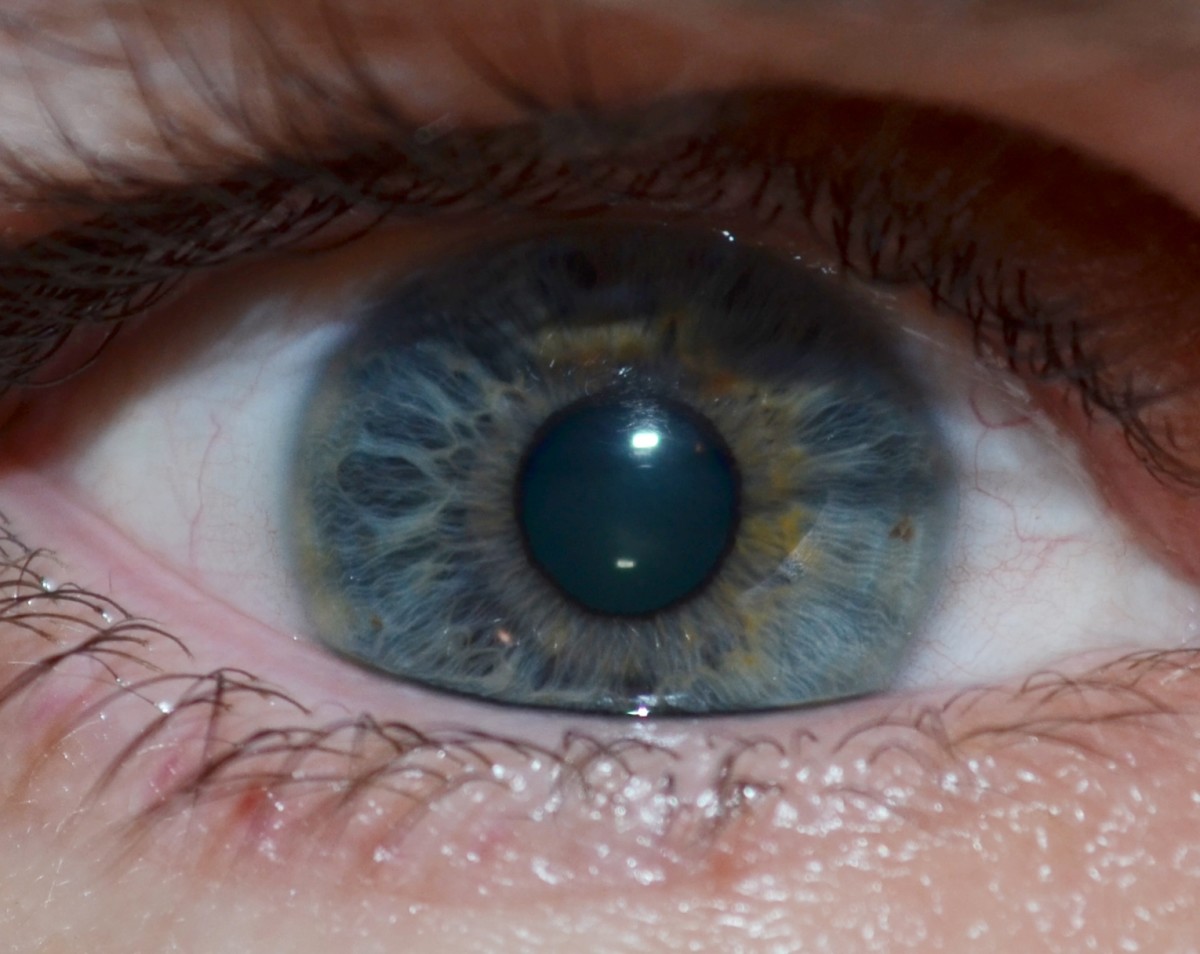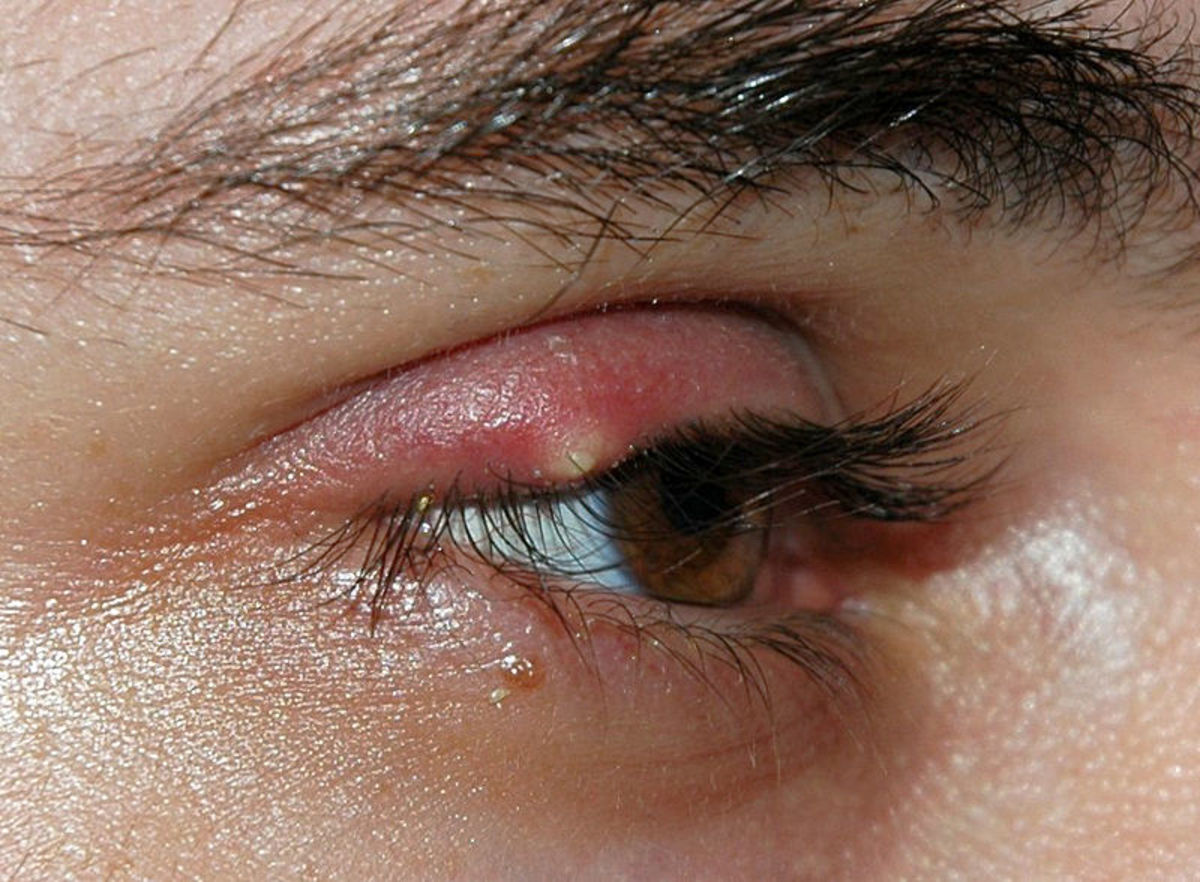Eyes and the Sun

By Joan Whetzel
It is a well known fact that repeated and prolonged exposure to the sun causes UV damage to the skin that is cumulative. It is much the same with our eyes. The more exposure to the sun that our eyes receive with no protection, the more likely it is that they will suffer damaged (i.e. cataracts) in the long run. The exposure – and damage - is even more intense at high altitudes. Even low sunlight exposure can increase the risks of acquiring some form of eye ailments, according to the Journal of the American Medical Association. So what’s a person to do? Since staying inside and in the dark all of the time is not an option, we must understand the power of sunlight, become aware of what it can do to our eyes, and find out the best ways to protect our eyes and our eyesight.
The Sun's Brightness
The brightest star in Earth’s sky is also the closest star – our own Sun. However, the sun is not the brightest star there is. Let’s put the Sun’s brightness into perspective.
· At 32.6 light-years away from Earth (the same distance as the brightest known star Sirius), the Sun would be 1/300th the brightness of Sirius.
· The Sun’s brightness measures 380,000,000,000,000,000,000,000,000 watts, which is more than all of Earth’s light bulbs.
· The Sun’s light takes 8.3 minutes to reach Earth.
· The Sun’s brightness and heat levels are filtered a bit by the atmosphere, which also cuts its ultraviolet radiation.
· At ground level, the composition of sunlight measures 527 watts of infrared radiation, visible light at 445 watts, and ultraviolet radiation coming in at 32 watts. These levels are an estimated 30% greater at the upper levels of the atmosphere.
· The solar radiation for each planet in the solar system is measured in Watts per square meter (W/m2) as follows: Mercury 6,272 to 14,000 W/m2, Venus 2,576 to 2,647 W/m2, Earth 1,321 to 1,413 W/m2, Mars 492 to 715 W/m2, Jupiter 45.9 to 55.8 W/m2, Saturn 13.4 to 16.7 W/m2, Uranus 3.39 to 4.04 W/m2, and Neptune at 1.47 to 1.54 W/m2. Notice how much the range decreases the further each planet is from the Sun.
The Eyes and The Sun
Left unprotected from exposure to UV rays, our eyes fall prey to the development of such eye problems as cataracts, damage to the retinas, and even total blindness. That is because the lenses can’t repair themselves and the cells and proteins in the lens are never replaced as they die off, like blood cells. This leads to the development of cataracts as the damaged proteins gradually accumulate on the lenses. The retina, the thin lining behind the lens, at the back of the eye, is at the highest risk of being damaged in children under the age of 10 years, though the damage is not noticeable until adulthood. Another condition, photokeratitis or snow blindness, is a “burning” of the eye surface from the Sun’s UV radiation. This condition clears up within a few days but can lead to lifelong complications.
Eye Protection on Sunny Days
Even children can be taught to wear protective eyewear during the middle of the day (10am to 2pm) when UV exposure is at its greatest. To be effective, sunglasses should block UVA and UVB rays that block 99 to 100% of UVA400 radiation (radiation with a wavelength of 400nm). All sunglasses filter out UVB rays. Other good features to have in sunglasses includes large lenses that fit close to the eye and lenses with visible blue light blocking capability.
Things to bear in mind when purchasing sunglasses:
· Costly brand names are no guarantee of protection.
· Polarizing the lenses is also no guarantee.
· Mirrored lenses do not make a significant difference in the amount of UV protection.
· Sunglasses with dark lenses cause the pupils to dilate, which lets in more UVA radiation and increases the risk of damage to the lenses and retinas. Gray-colored lenses reduce the intensity of the sunlight without changing the color of objects around you.
Though the use of sunglasses should begin in childhood, it’s never too late to begin wearing this protective eyewear. Sunglasses can be made for vision problems requiring prescription corrective lenses. For those who wear prescription glasses, sunglasses can be purchased at any drug store that fit over the frames of the prescription wear glasses. There is no reason to go without protection for your eyes. It could well protect your vision for the rest of your life.
Resources
Dr. Greene. Facts About Sun and Our Eyes.
Bedinghaus, Troy, O.D. About.com. Top5 Ways to Protect Eyes from the Sun.
http://vision.about.com/od/eyeexaminations/tp/Prevent_sun.htm
Suntrek. How Bright is the Sun?
http://www.suntrek.org/sun-as-a-star/suns-vital-statistics/how-bright-sun.shtml
Think Quest. How Bright Is the Sun?
http://library.thinkquest.org/J002809/sun4.html
Wikipedia. Sunlight.
http://en.wikipedia.org/wiki/Sunlight#Effects_on_human_health
Oklahoma State University. Effects of Sunlight.
http://www.ehs.okstate.edu/modules/sun/effects.htm
Oklahoma State University. Guidelines for Protection.








